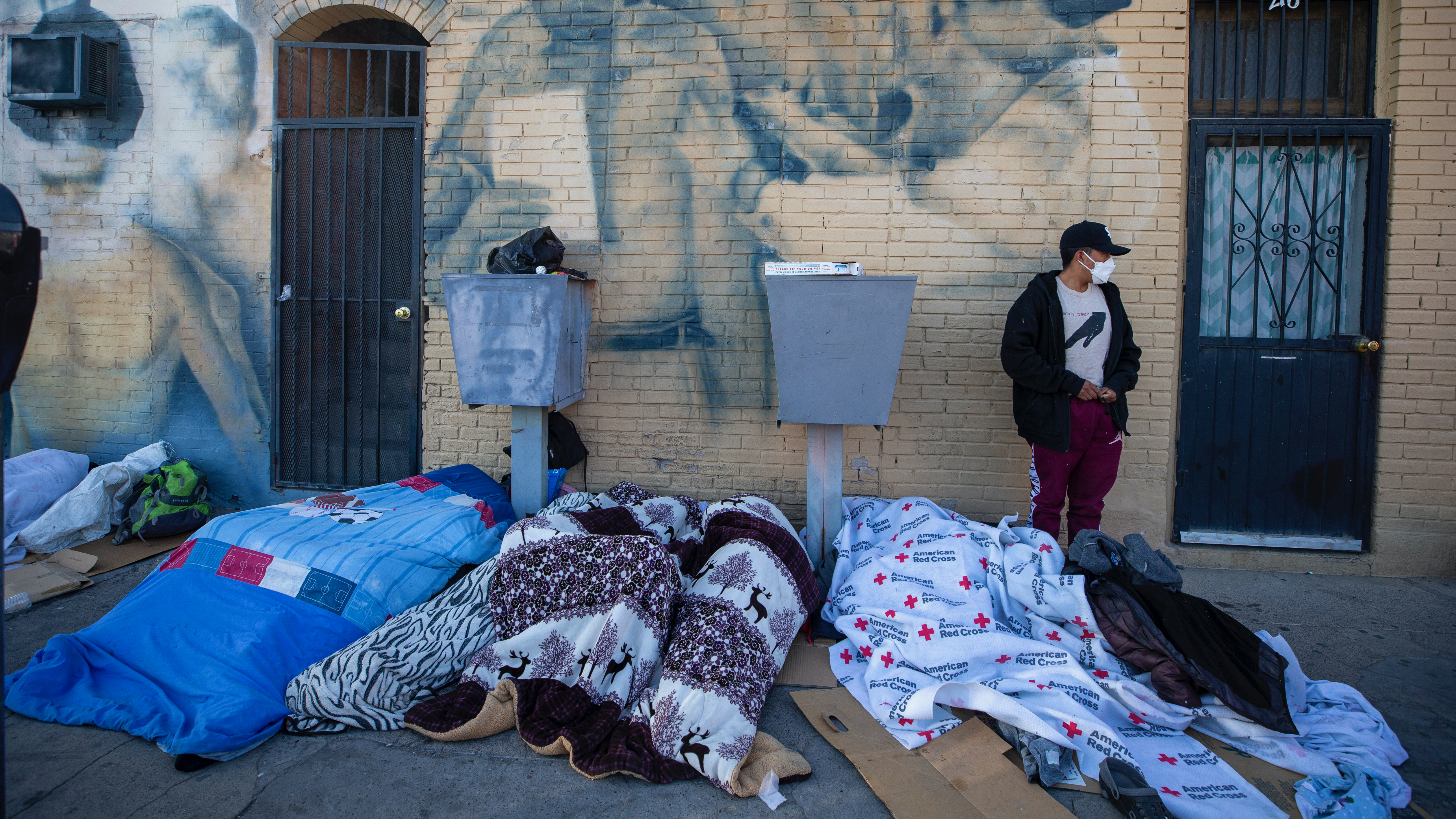It’s a stressful week in cities across the US southern border.
The pandemic restrictions known as Title 42 — which made it easier for the United States to turn back asylum-seekers at the border — are set to end on Thursday. Now, the Biden administration is preparing for up to 13,000 migrants to cross the southern border daily after Title 42 ends.
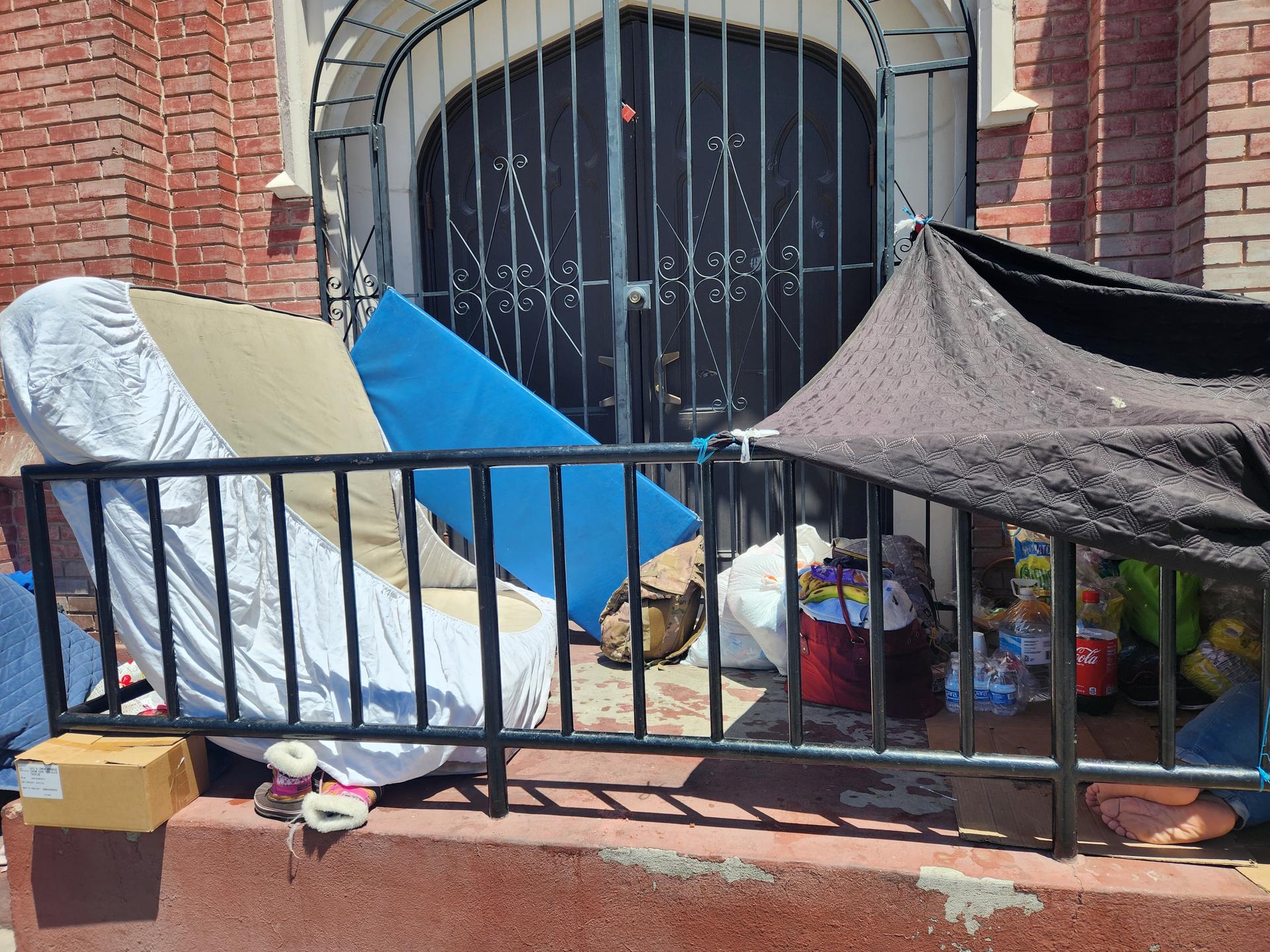
There are already as many as 2,500 migrants camped out in downtown El Paso, Texas, according to city figures, and local shelters don’t have any more capacity. The city’s mayor, who estimates that 10,000-12,000 more people are in Ciudad Juárez, Mexico, waiting to cross, has declared a state of emergency.
This allows them to use federal funds to transport and shelter migrants. El Paso also plans to open temporary shelters at vacant schools this week.
Texas Gov. Greg Abbott is deploying a special elite unit of the National Guard to hot spots along the Rio Grande to intercept and turn back migrants who cross into the state without authorization.
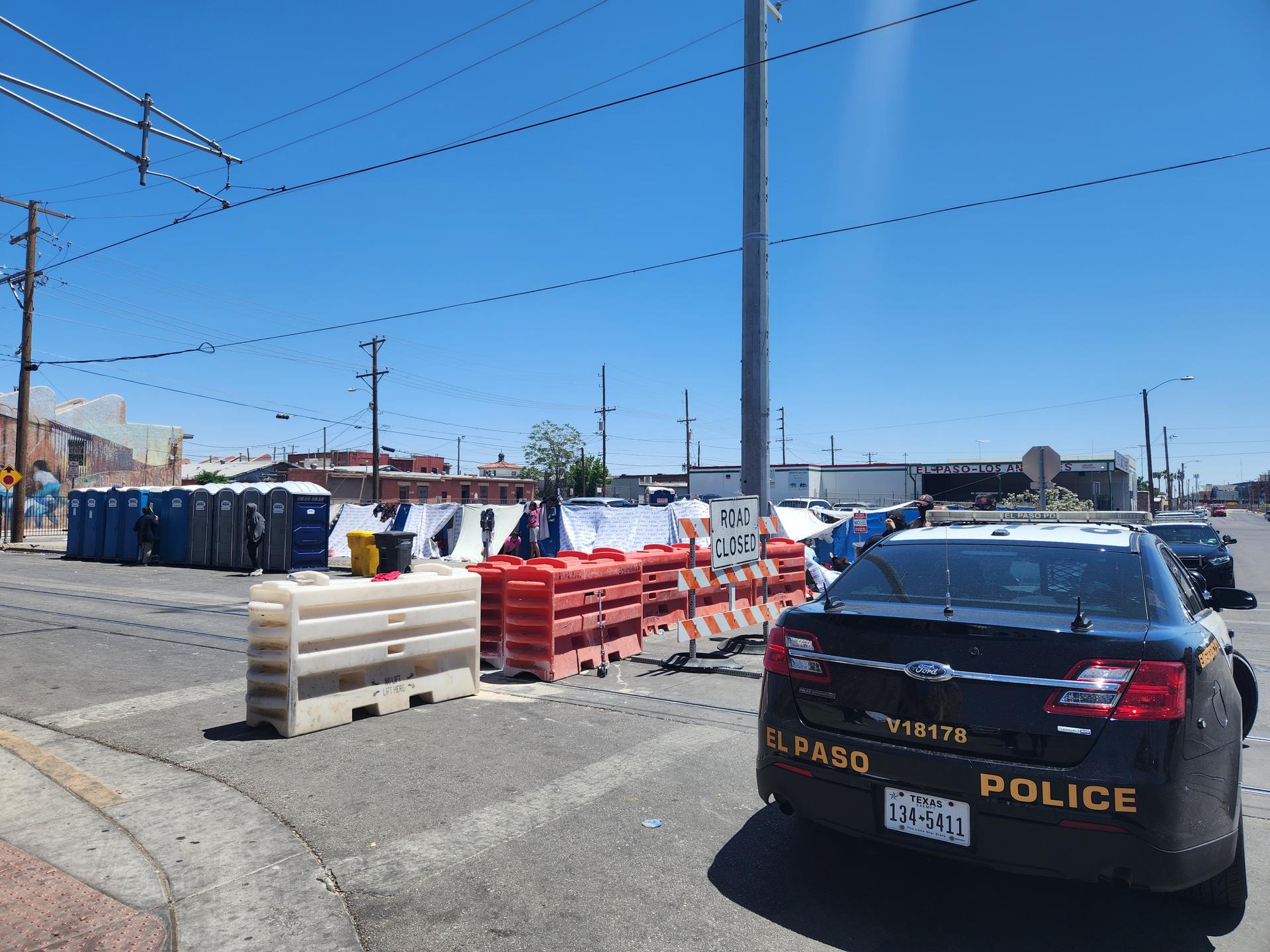
“They can physically turn back those who are trying to cross the border illegally. Also, they are building immediate concertina wire border barriers to prevent people from coming across the border,” Abbott said.
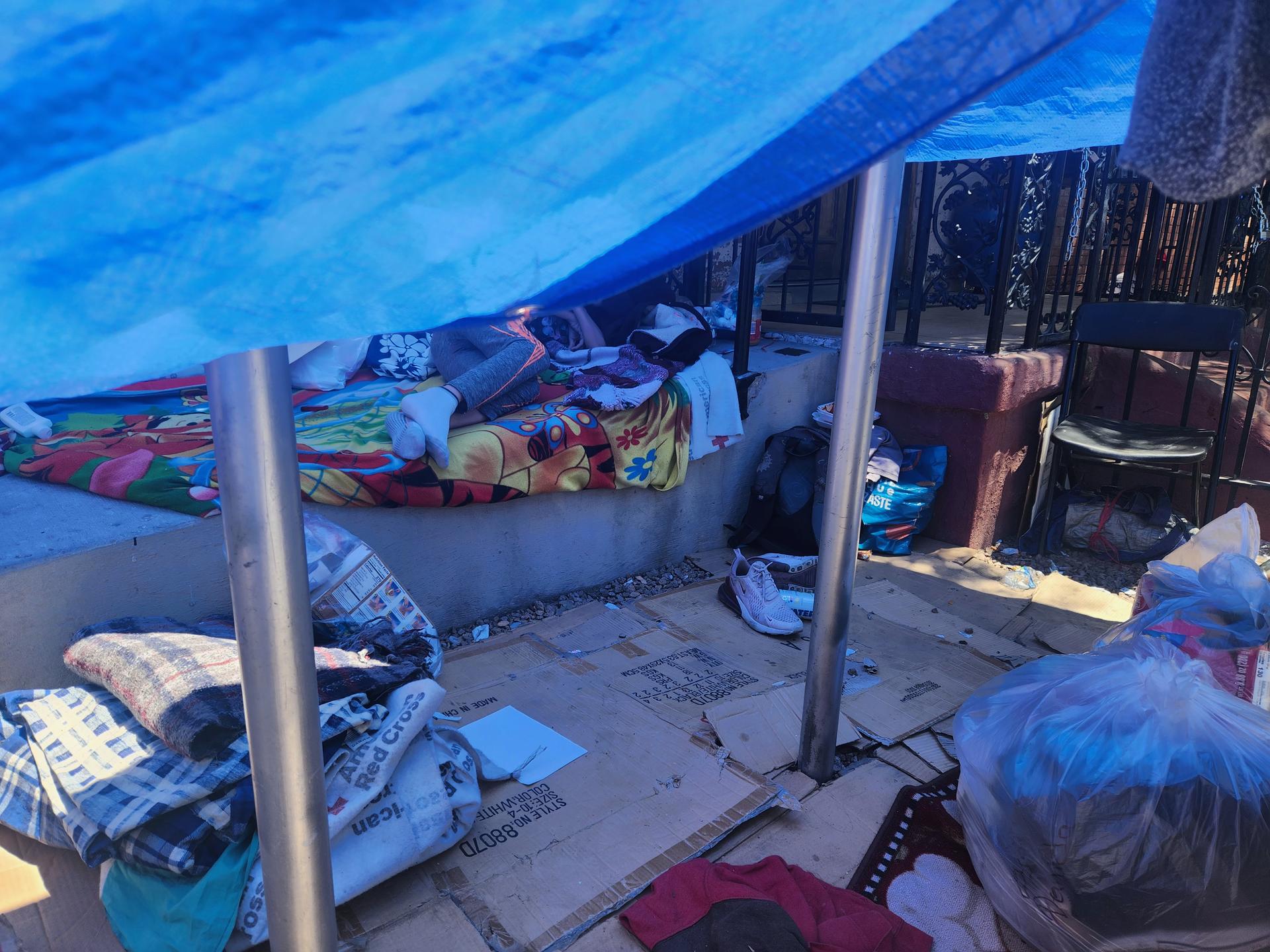
Most of the migrants coming to the border tend to stay only a few days — they’re doing odd jobs to collect money to continue their journeys.
The vast majority crossed into the country illegally, so they need to file an asylum case as soon as possible before they can continue to other places.
Although it can be done online, many migrants don’t know how to do it, so they say they are paying anywhere between $40 to $200 to someone who can file an asylum claim online for them, and there have been reports of scams.
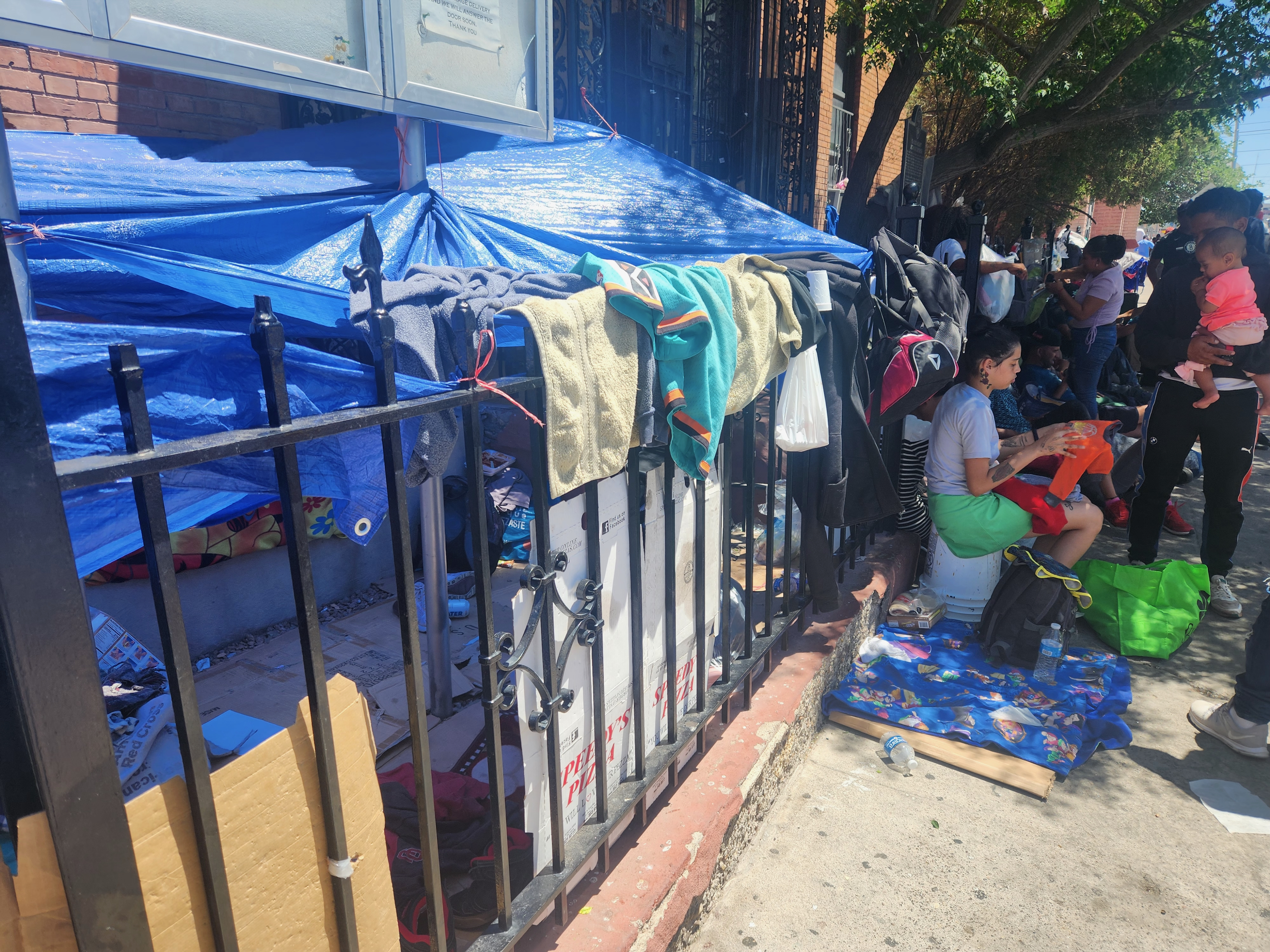
And because it’s unclear what will happen once migrants cross the border after Title 42 is lifted, some people think it’s best to wait to come in, while others are taking their chances now.
One migrant from Venezuela, who didn’t want to be named for security reasons, told The World that he and others opened a hole in the wall and entered the country without being noticed by US Customs and Border Protection officials.
As of right now, there is no legal consequence for doing that — there’s no deportation record and no criminal charge.
But after Title 42 ends on Thursday, Title 8 takes over, and that means that migrants caught crossing illegally could face a five-year ban to enter the United States, plus face criminal charges. The Venezuelan migrant said that he decided to cross before the rules got stricter.
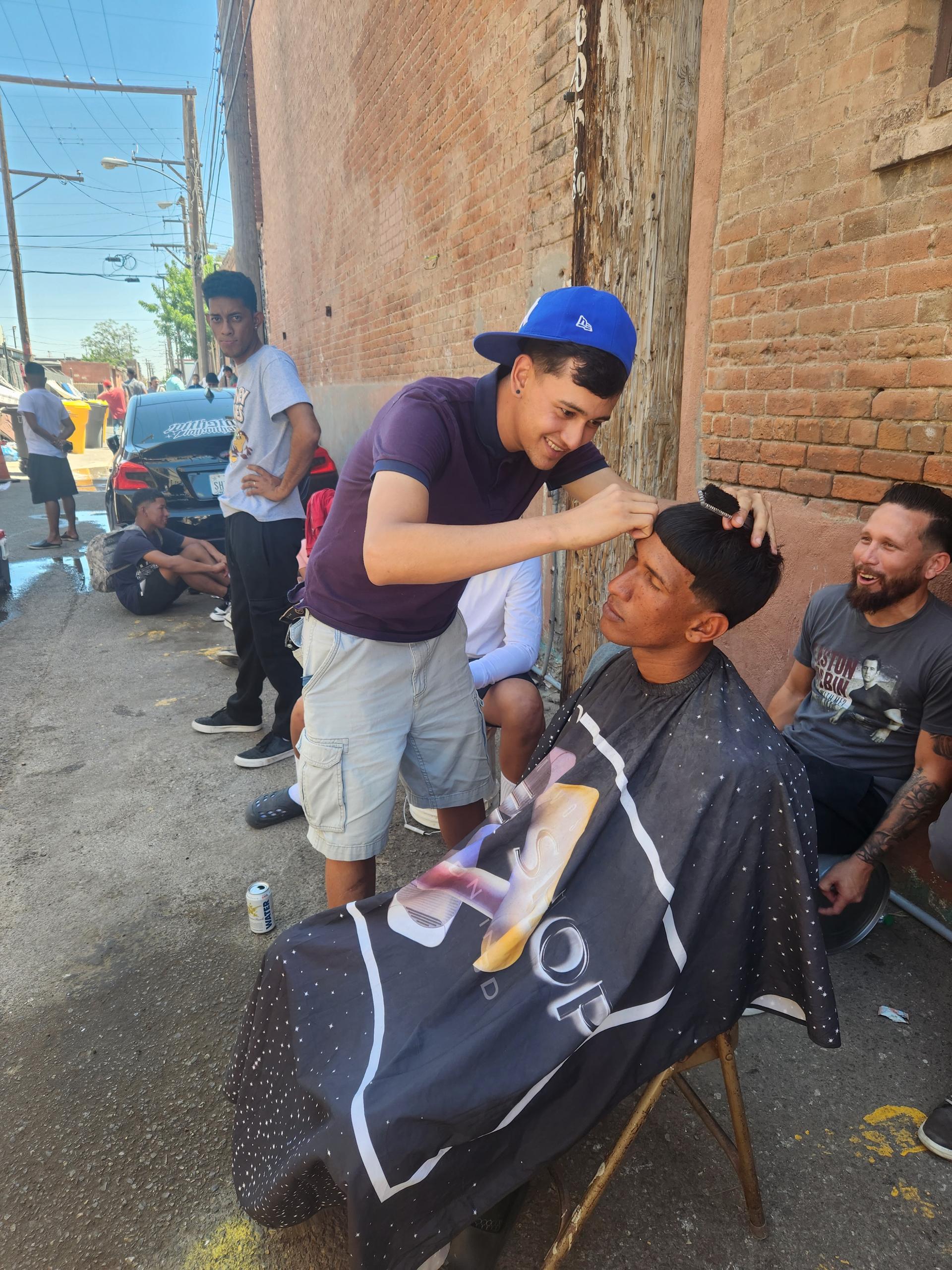
But other people say that they think that after Title 42 ends, they will not immediately be returned to Mexico if they ask for asylum at a port of entry, or they are betting that overworked border agents will not catch them if they run.
El Paso resident Fabiola Lopez, who lives in a neighborhood a few yards across the border fence, said that more migrants are running across a six-lane highway, day and night, trying to avoid cars going at 60-70 miles per hour.
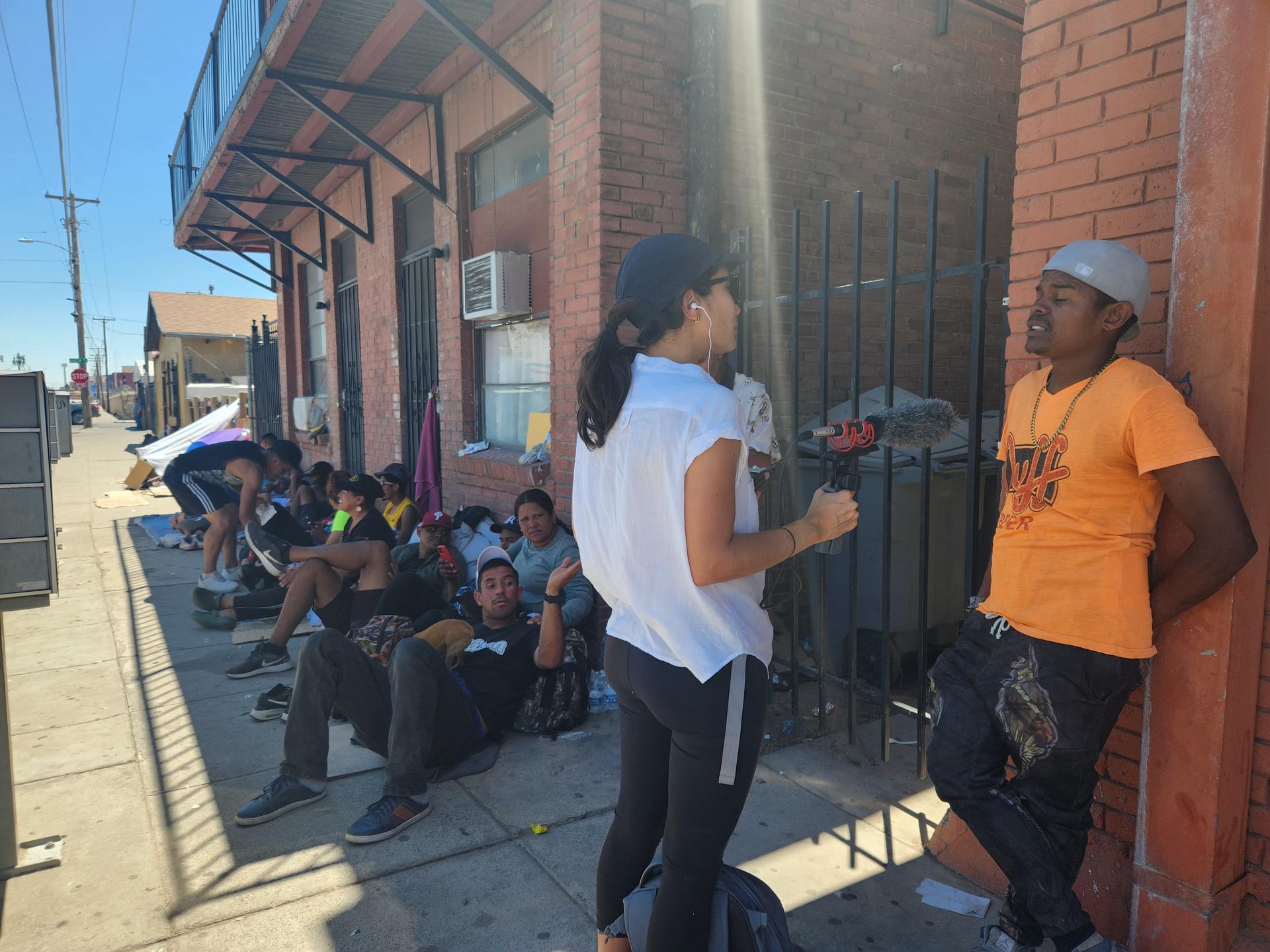
“We don’t feel safe. Why? Because smugglers’ cars went through here like they were Ubers picking up the immigrants,” she said. “You can see they’re in survival mode because they’re being chased.”
She said her neighbors found migrants hiding on their roof, and in trash containers. She’s asking for more patrolling in neighborhoods close to the border.
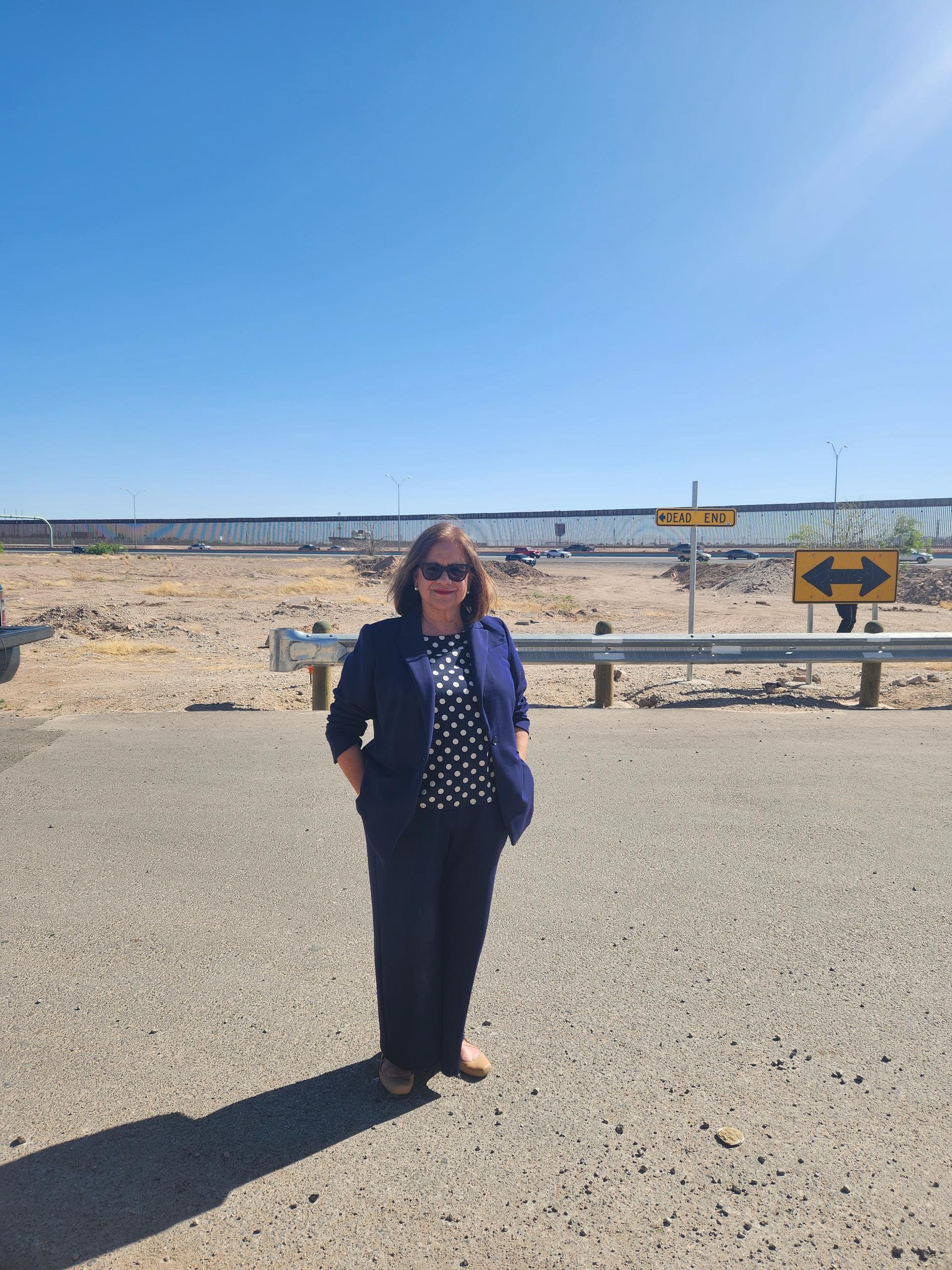
The story you just read is accessible and free to all because thousands of listeners and readers contribute to our nonprofit newsroom. We go deep to bring you the human-centered international reporting that you know you can trust. To do this work and to do it well, we rely on the support of our listeners. If you appreciated our coverage this year, if there was a story that made you pause or a song that moved you, would you consider making a gift to sustain our work through 2024 and beyond?
